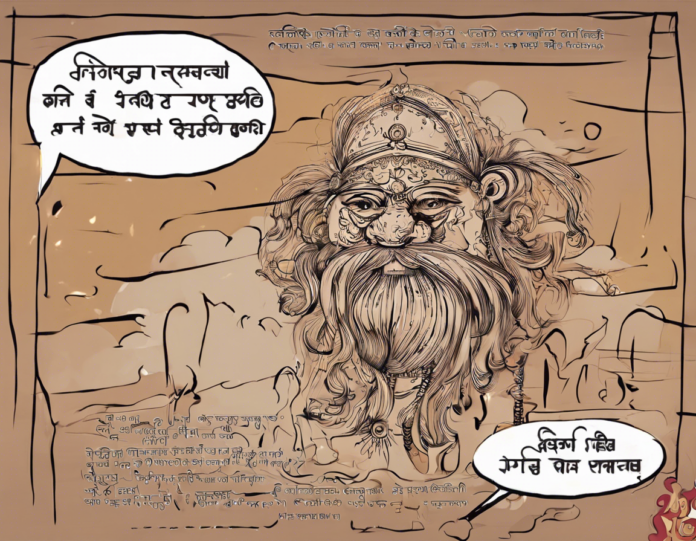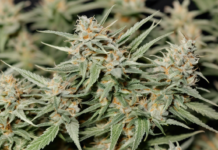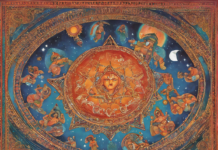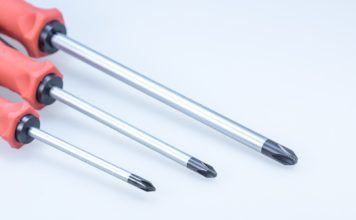When it comes to expressing gratitude in Hindi, there are various ways to convey the sentiment of “thanks a lot.” Whether you are speaking with friends, family, colleagues, or acquaintances, understanding the nuances of different phrases can enhance your communication skills and strengthen your relationships.
In Hindi, the phrase “thanks a lot” can be translated in several ways, each carrying its own tone and level of formality. Let’s delve into some common expressions and their meanings:
Dhanyavaad Bahut
“Dhanyavaad Bahut” is a straightforward and commonly used translation of “thanks a lot” in Hindi. “Dhanyavaad” translates to “Thank you,” and adding “bahut” emphasizes a more heartfelt or intense level of gratitude. This phrase is suitable for various situations and is considered polite and respectful.
Bahut Shukriya
Another way to express “thanks a lot” in Hindi is by saying “Bahut Shukriya.” This phrase is slightly more formal than “Dhanyavaad Bahut” and is often used in professional settings or when showing deep appreciation. “Shukriya” means “gratitude,” and adding “bahut” intensifies the sentiment.
Bohot Dhanyavad
“Bohot Dhanyavad” is another version of “thanks a lot” in Hindi, where “bohot” is the Hindi word for “a lot.” This phrase is a bit more casual and is commonly used in everyday conversations with friends and family to express gratitude in a relaxed manner.
Shukriya Aham
For a more formal tone, you can say “Shukriya Aham” to convey a sense of profound gratitude. “Aham” here means “important” or “significant,” adding a touch of respect and reverence to your expression of thanks.
Mahaan Dhanyavad
If you want to convey an extremely high level of gratitude, you can use the phrase “Mahaan Dhanyavad.” “Mahaan” means “great” or “magnificent,” elevating the intensity of your appreciation. This expression is suitable for situations where you want to express deep gratitude or acknowledge a significant favor.
Additional Ways to Express Gratitude in Hindi
In addition to the above-mentioned phrases, there are several other ways to say “thanks a lot” in Hindi, each with its own flair and connotation. Here are a few more expressions you can use:
- Aapka Bahut Shukriya: This phrase, translating to “Thank you very much,” is a formal and respectful way to express gratitude.
- Dhanyavaad Deta Hoon: Use this phrase, meaning “I give thanks,” to convey your appreciation in a humble and modest manner.
- Aabhaar: This simple yet powerful word translates to “gratitude” and can be used to express thanks in a concise yet meaningful way.
Frequently Asked Questions (FAQs)
1. What is the difference between “Dhanyavaad” and “Shukriya”?
“Dhanyavaad” and “Shukriya” are both common ways to say “thank you” in Hindi. While they can be used interchangeably in many situations, “Dhanyavaad” is considered slightly more formal and traditional, while “Shukriya” is more casual and commonly used in contemporary settings.
2. Can “Aapka Bahut Shukriya” be used in informal settings?
While “Aapka Bahut Shukriya” is a formal expression of gratitude in Hindi, it can still be used in informal settings to show a high level of respect and courtesy. However, in casual conversations with friends or family, simpler phrases like “Bohot Dhanyavad” may be more appropriate.
3. When is it appropriate to use “Mahaan Dhanyavad”?
“Mahaan Dhanyavad” is a phrase reserved for situations where you want to express profound gratitude or acknowledge a significant favor or gesture. Use this expression when you truly want to convey the depth of your appreciation in a formal or ceremonial context.
4. Is it common to say “Shukriya Aham” in everyday conversations?
“Shukriya Aham” is a formal expression of gratitude and may not be commonly used in casual or everyday conversations. It is best suited for professional settings, when addressing seniors or authority figures, or when expressing deep respect and gratitude.
5. How can I respond to “Dhanyavaad” or “Shukriya” in Hindi?
When someone says “Dhanyavaad” or “Shukriya” to you, you can respond with “Aapka Swagat Hai” (You are welcome) or “Koi Baat Nahi” (No problem) to acknowledge their thanks and reciprocate the polite exchange of gratitude.
Mastering the art of expressing gratitude in Hindi through phrases like “Dhanyavaad Bahut” and “Bahut Shukriya” can enrich your interactions and demonstrate your appreciation effectively. Whether you opt for a formal tone with “Shukriya Aham” or a more casual approach with “Bohot Dhanyavad,” using these expressions authentically will help you deepen your connections and foster positive relationships in various contexts.









